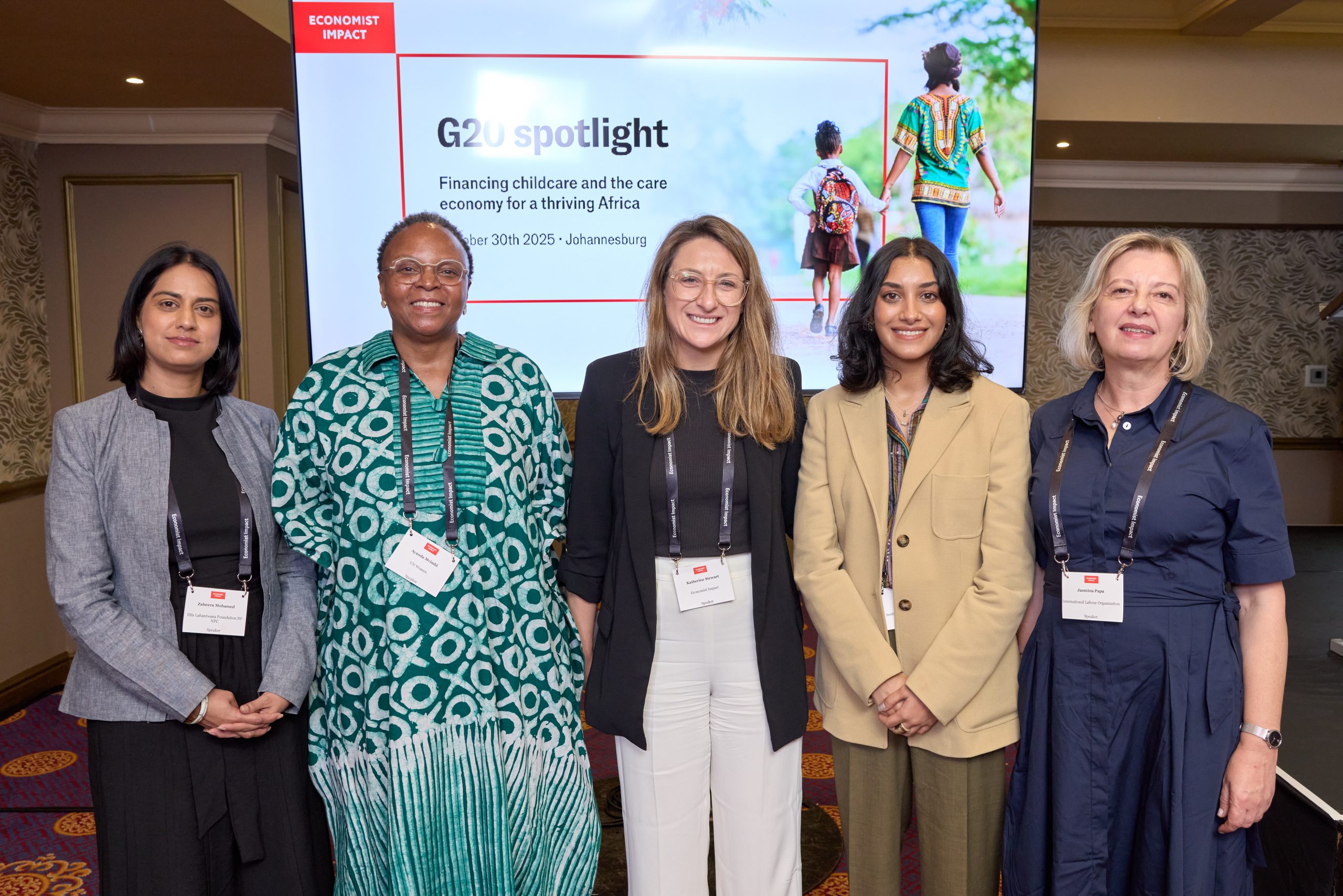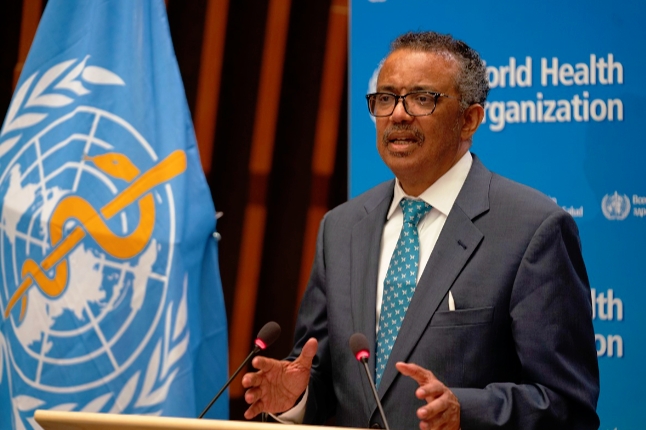According to the Kenya Demographic and Health Survey (KDHS) 2022, the percentage of married women using modern contraceptives rose from 32 percent in 2003 to 57 percent in 2022.
MOMBASA, Kenya, September 2025, World Contraception Month – On a humid afternoon in Bamburi, Sanura Omar Shariff sits on a wooden stool outside her small home, watching her twins chase each other in the yard.
At 45, the mother of five laughs easily, but behind her warm smile lies a story of courage, secrecy, and resilience.
Years earlier, Sanura made a decision that would quietly redefine her marriage. Against the weight of cultural expectations and religious beliefs, she chose to use modern family planning—without telling her husband or relatives.
“I was scared at first,” she admits.
“But I knew I needed a break for my health and for my children. Not even my husband knew. For five years I used contraceptives in secret, and when I stopped, I conceived twins immediately. That showed me family planning doesn’t take away fertility.”
Sanura’s journey mirrors the growing but complex embrace of family planning in Mombasa, where women are quietly reshaping marriages and family life through choices once considered taboo.
Kenya’s Shifting Numbers
Kenya has made remarkable progress in family planning over the past two decades. According to the Kenya Demographic and Health Survey (KDHS) 2022, the percentage of married women using modern contraceptives rose from 32 percent in 2003 to 57 percent in 2022, while unmet need for family planning dropped from 27 percent to 14 percent. The country has set a bold target: 64 percent of married women using modern methods by 2030.
But statistics only tell part of the story. In Mombasa County, where tradition and modernity collide daily, family planning decisions are woven into deeply personal struggles shaped by faith, culture, and economic realities.
Inside the Clinic
At the Modern Gyno Clinic, Dr Mwangi Karanja, a Gynecologist and Obstetrician, sees this transformation firsthand. For six years, his clinic has been a quiet hub where women come with whispered questions and guarded hopes.
Two methods dominate: the three-month Depo injection and long-acting hormonal implants. Women choose them for their effectiveness, convenience, and flexibility.
“For the injection, it’s short-term, just three months. You can stop if you want to conceive,” Dr Karanja explains. “Implants, on the other hand, give years of protection and peace of mind.”
Still, myths persist. Weight gain, loss of libido, and permanent infertility are common fears. Dr Karanja addresses them daily. “No modern method causes lifelong infertility,” he says firmly.
“In fact, some women feel freer in their marriages because they know pregnancy is on their terms.”
Quiet Revolutions in Marriages
A striking pattern Dr Karanja observes is that women are often the first—and sometimes only—decision-makers when it comes to family planning.
“Most of the time, it’s the woman who initiates,” he notes. “Husbands may not even know.”
This quiet revolution is giving women space to pursue education, small businesses, and careers—dreams often delayed or abandoned by repeated pregnancies. While some men are beginning to engage, the momentum remains largely with women.
The Role of Faith
Religious leaders in Mombasa wield significant influence over community perceptions of family planning.
Pastor Douglas Ngolo of Deliverance Church interprets the Bible as encouraging couples to plan responsibly: “The Bible advises husbands and wives to have the number of children they can manage.”
In contrast, Sheikh Muhammad Khalifa, Organizing Secretary of the Council of Imams, points to Islamic teachings that discourage contraception, though allowances are made when a mother’s health is at risk.
“In Islam, some believe family planning is like taking a life,” he says. “But a woman can use it temporarily if her health or the child’s health is endangered.”
For many women, these contrasting messages create a tug-of-war between spiritual conviction and practical reality. Decisions often unfold in private, with personal health and family stability taking precedence.
Policy Meets Reality
At the policy level, Kenya is committed to the FP2030 agenda, which succeeded the FP2020 global plan. The goal is ambitious: zero unmet need for family planning by 2030.
Brian Anyega, a family planning advocate with the Health NGO Network (HENNET), stresses the broader benefits: “Family planning allows women to space births, reducing health risks, and empowers them to pursue education and economic opportunities. It benefits the whole society.”
Yet, barriers remain.
“Misinformation campaigns continue to spread false ideas,” he warns. “And too often, men are excluded from these discussions. Family planning must be a joint decision.”
Global Support, Local Impact
The United Nations Population Fund (UNFPA) remains a key partner in Kenya’s reproductive health journey. Its work includes ensuring a steady supply of contraceptives, training health workers, and integrating family planning into routine healthcare services.
“Family planning is not just about preventing pregnancy—it’s about rights, dignity, and choice,” UNFPA emphasizes in its programs.
Looking Ahead
In Mombasa, the story of family planning is no longer one of silence but of gradual, determined transformation.
From the courage of women like Sanura, to the medical guidance of doctors like Karanja, to the shifting voices of faith leaders and advocates, a new narrative is emerging.
Family planning is reshaping marriages—not by breaking traditions but by bridging them with modern realities.
It is allowing women to reclaim their health, enabling families to thrive, and giving communities a stronger future.
As the world marks World Contraception Month this September, Mombasa’s evolving story offers a powerful reminder: family planning is not simply about limiting births.
“It is about power, choice, and the promise of a healthier, more equal society.”



